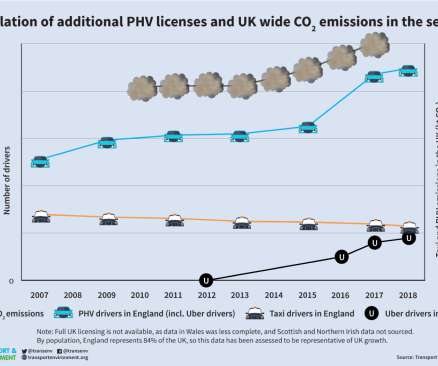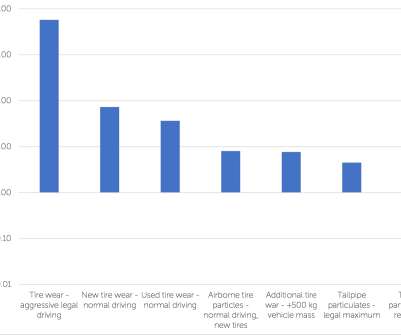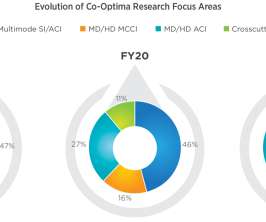California “gasoline superuser” bill advances; focusing ZEV incentives on reducing gasoline use
Green Car Congress
APRIL 20, 2022
By shifting the biggest gasoline users into ZEVs first, AB 2816 also reduces the total number of ZEVs that would be needed to reach the state’s near-term target of cutting light-duty vehicle emissions in half by 2030. California’s biggest gasoline users currently are on track to be the last people to switch to ZEVs.










































Let's personalize your content